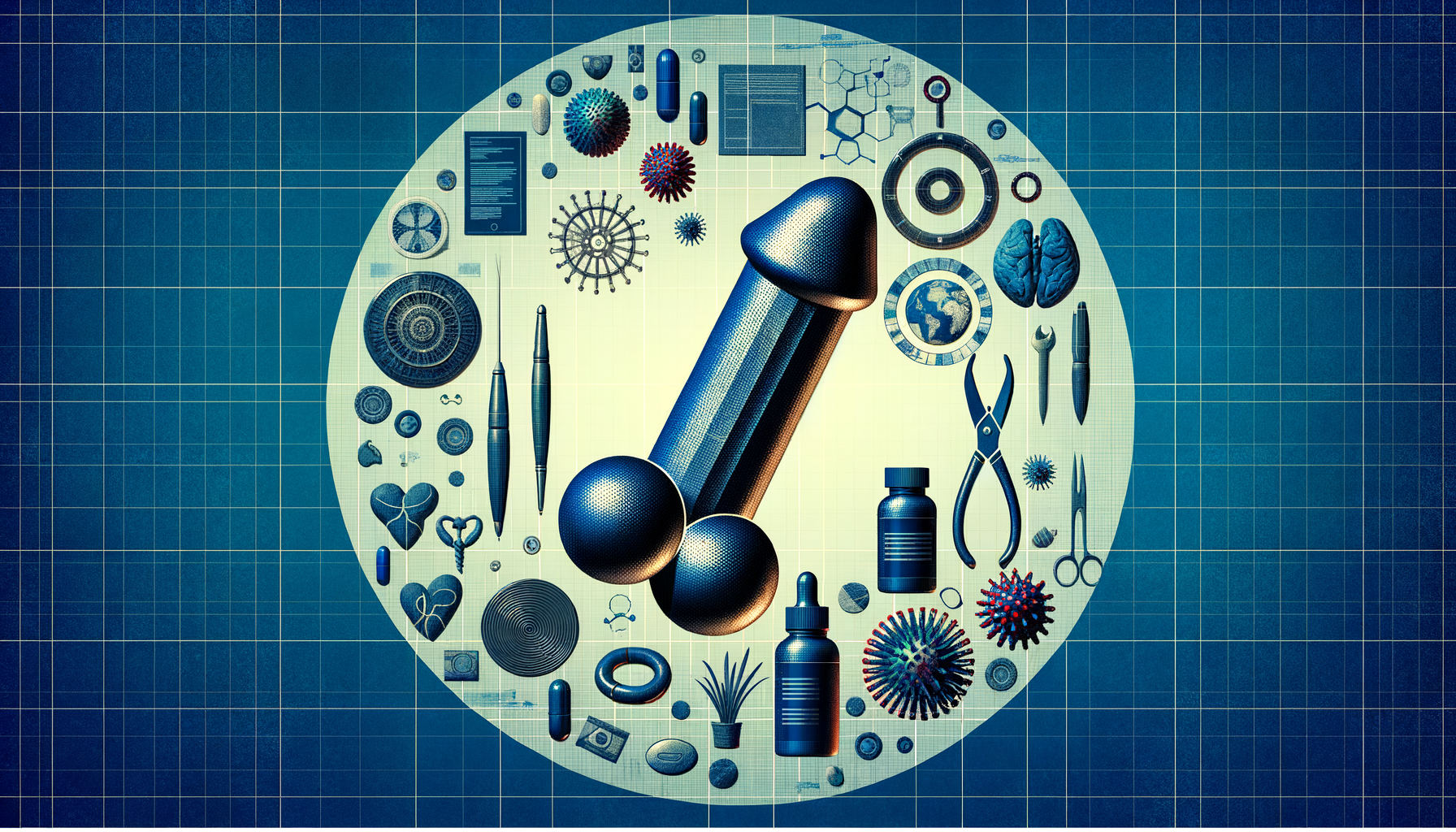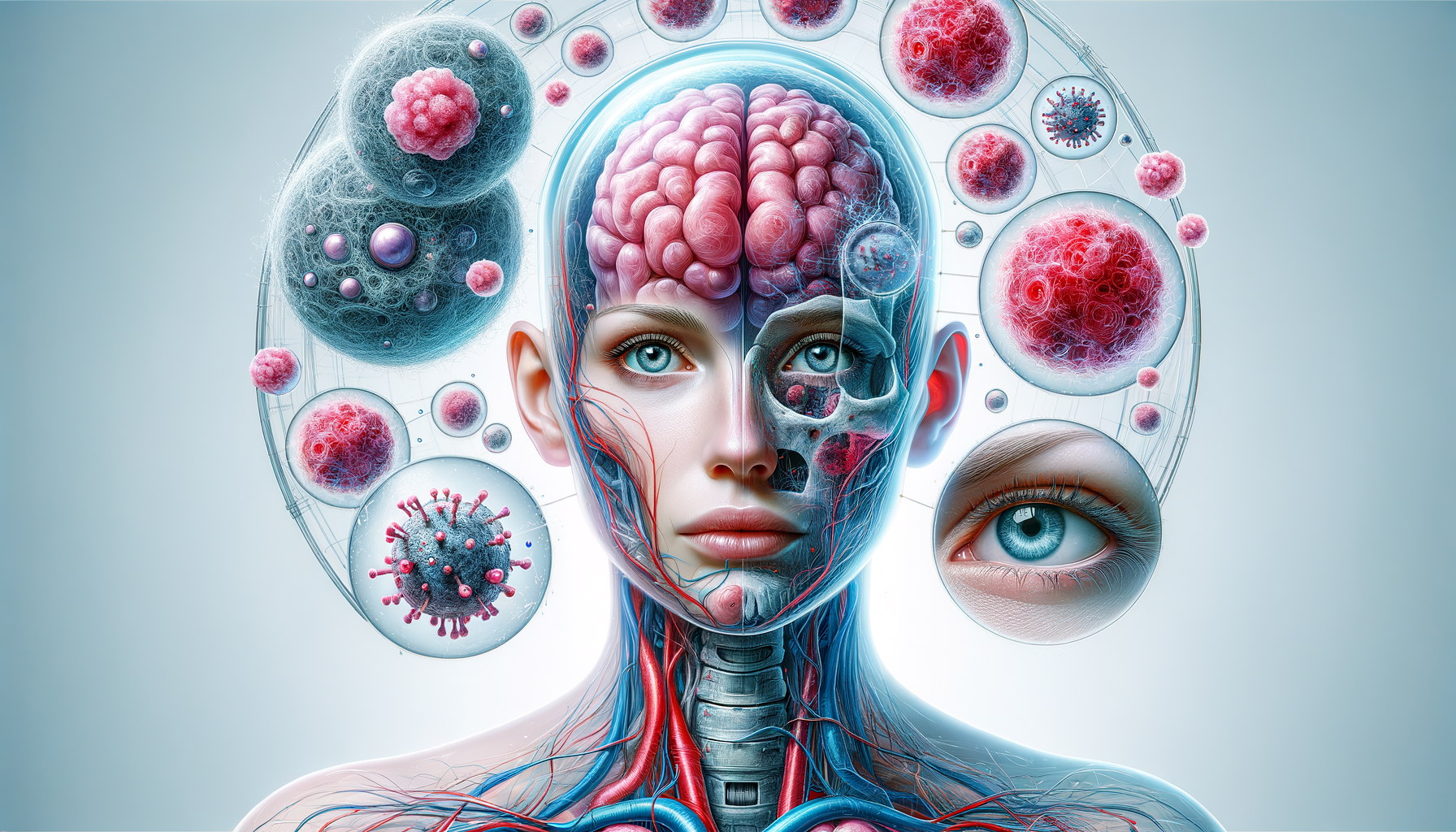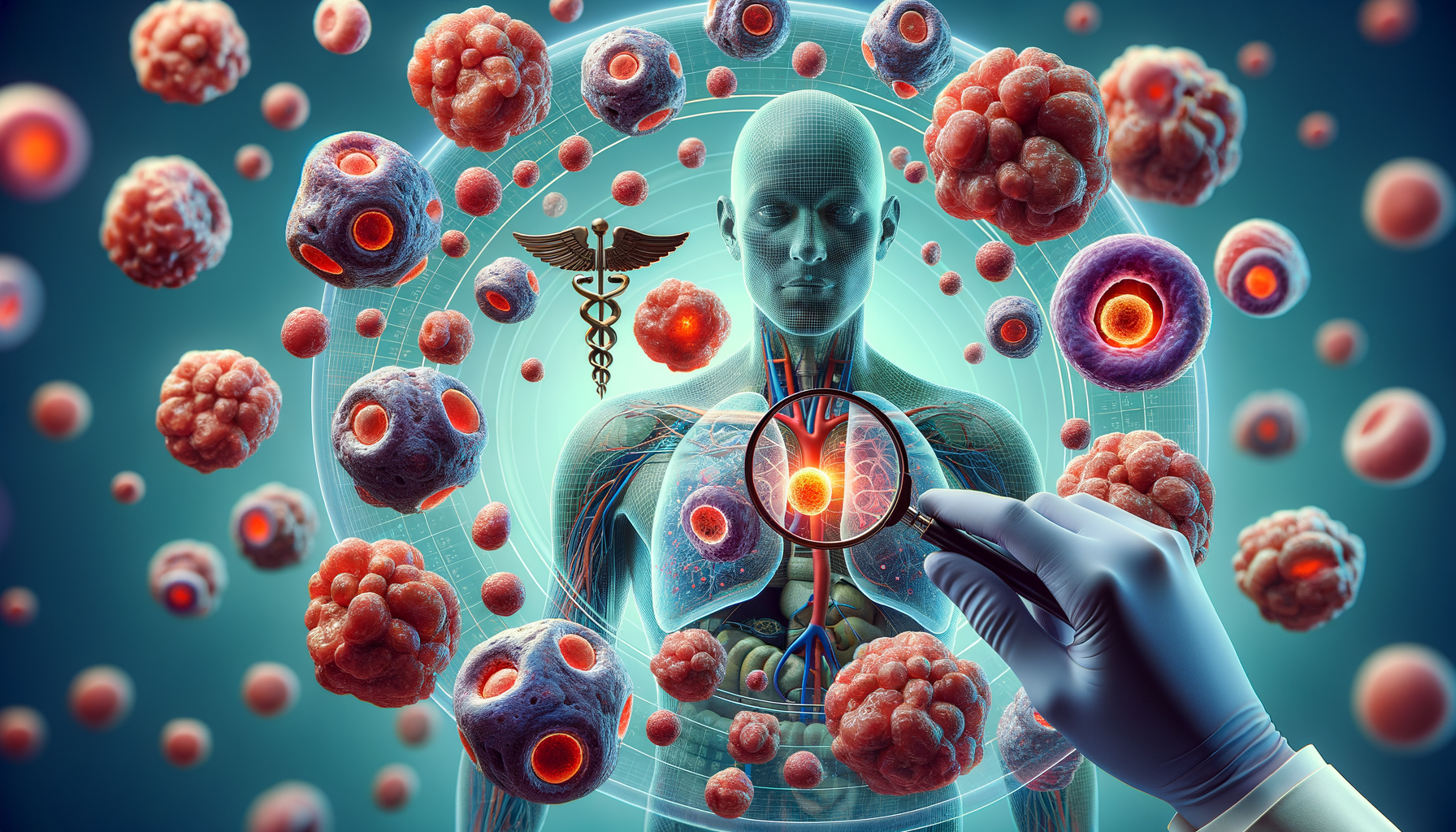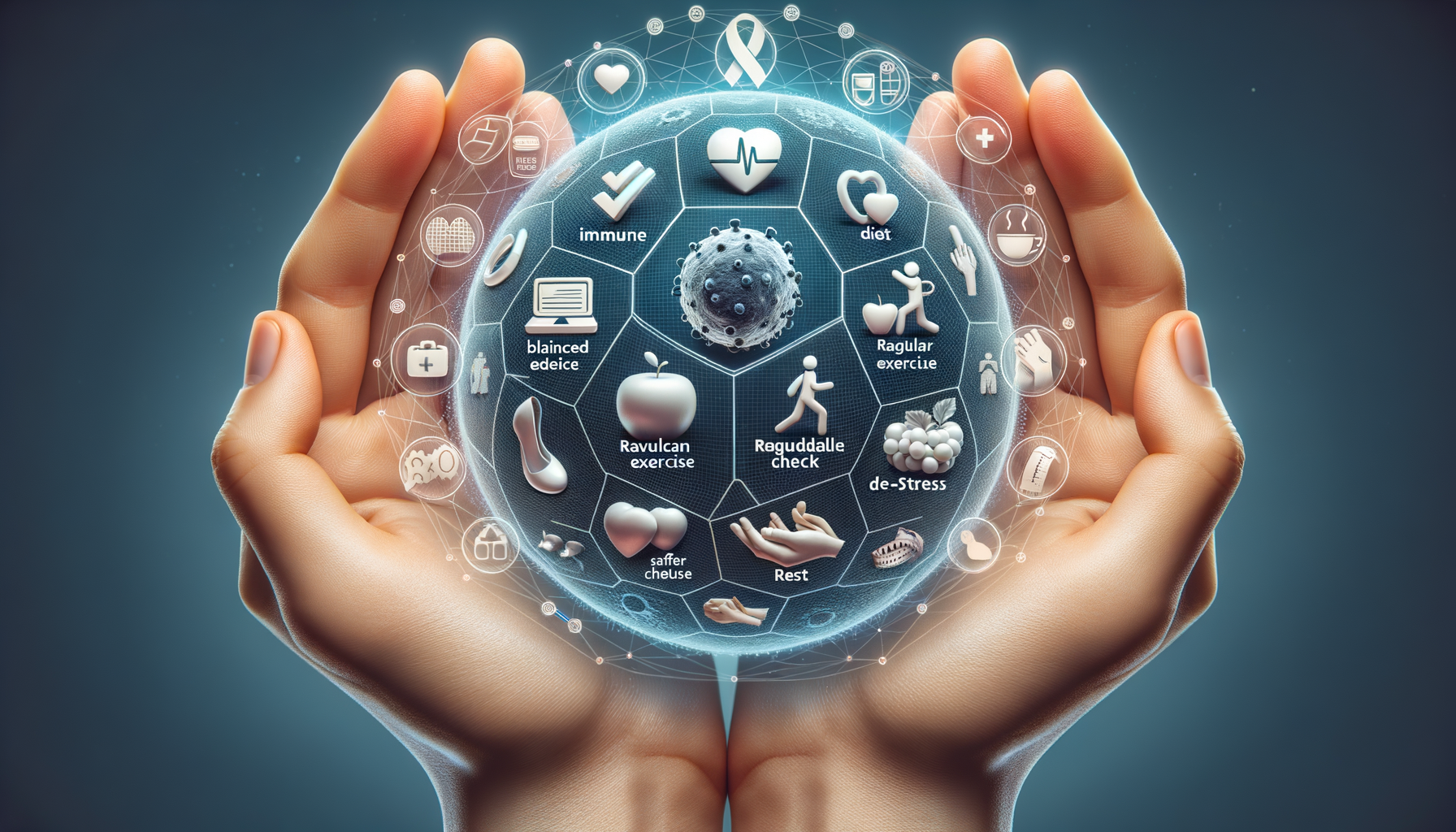Understanding Erectile Dysfunction: A Comprehensive Overview
Erectile dysfunction (ED) is a condition that affects a significant number of men worldwide, impacting their self-esteem and relationships. It is characterized by the inability to achieve or maintain an erection sufficient for satisfactory sexual performance. While ED can occur at any age, it is more prevalent in older men. Understanding the causes and risk factors is crucial in managing this condition effectively.
ED can result from a variety of factors, including physical health conditions, psychological issues, and lifestyle choices. Common physical causes include cardiovascular diseases, diabetes, hormonal imbalances, and neurological disorders. Psychological factors such as stress, anxiety, and depression also play a significant role. Additionally, lifestyle factors like smoking, alcohol consumption, and lack of physical activity can contribute to the development of ED.
Recognizing the symptoms and seeking medical advice is the first step in managing ED. A healthcare provider can help identify the underlying causes and recommend appropriate treatment options. It’s important for men experiencing ED to have open and honest discussions with their partners and healthcare providers to explore effective management strategies.
Medical Treatments: Medications and Beyond
Medical treatments for erectile dysfunction have evolved over the years, offering several options to help men regain their sexual function. Oral medications are among the most commonly prescribed treatments. These medications work by enhancing the effects of nitric oxide, a natural chemical the body produces to relax muscles in the penis, increasing blood flow and enabling an erection in response to sexual stimulation.
In addition to oral medications, other medical treatments include penile injections and urethral suppositories, which deliver medication directly to the penile tissue. Vacuum erection devices are another option; these mechanical pumps create a vacuum around the penis, drawing blood into the shaft and causing an erection.
For those who do not respond to other treatments, surgical options such as penile implants may be considered. These devices are surgically placed inside the penis to allow men to achieve an erection. It’s essential for patients to discuss the potential benefits and risks of each treatment with their healthcare provider to determine the most suitable option.
Lifestyle Modifications: A Natural Approach
Adopting a healthier lifestyle can significantly improve erectile function and overall well-being. Lifestyle modifications are often recommended as a first-line approach or in conjunction with medical treatments. Simple changes can have a profound impact on a man’s ability to achieve and maintain an erection.
Regular physical activity is one of the most effective ways to enhance erectile function. Exercise improves blood flow, reduces stress, and increases energy levels. A balanced diet rich in fruits, vegetables, whole grains, and lean proteins can also support sexual health by improving cardiovascular health and reducing the risk of conditions that contribute to ED.
Quitting smoking and reducing alcohol consumption are crucial steps in managing ED. Smoking can damage blood vessels and restrict blood flow, while excessive alcohol intake can impair sexual function. Stress management techniques such as mindfulness, yoga, and meditation can help reduce anxiety and improve mental health, further supporting erectile function.
Psychological Counseling: Addressing Mental Health
Psychological factors play a significant role in erectile dysfunction, and addressing these can lead to significant improvements. Counseling or therapy can be beneficial for men whose ED is influenced by stress, anxiety, or depression. Cognitive-behavioral therapy (CBT) and sex therapy are two approaches that have shown effectiveness in treating ED.
CBT helps individuals identify and change negative thought patterns and behaviors that contribute to ED. It focuses on building confidence and reducing performance anxiety. Sex therapy, on the other hand, involves working with a therapist to address sexual issues and improve communication with partners.
Therapy sessions can be conducted individually or with a partner, providing a safe space to discuss concerns and develop strategies for overcoming ED. Addressing mental health is an integral part of a comprehensive treatment plan for ED, and seeking professional help can lead to long-term improvements in sexual health and relationships.
Alternative Therapies: Exploring Complementary Options
In addition to conventional treatments, some men explore alternative therapies to manage erectile dysfunction. While scientific evidence on the effectiveness of these therapies varies, they can be considered as complementary options. It’s important to consult with a healthcare provider before trying alternative treatments to ensure safety and compatibility with other treatments.
Herbal supplements, such as ginseng and L-arginine, are popular among men seeking natural remedies for ED. These supplements are believed to improve blood flow and enhance sexual performance. However, their effectiveness can vary, and they may interact with other medications.
Acupuncture is another alternative therapy that some men find beneficial. It involves inserting thin needles into specific points on the body to improve energy flow and reduce stress. While research on its effectiveness for ED is limited, some studies suggest it may help improve erectile function.
Ultimately, the choice of treatment should be based on individual preferences, underlying causes of ED, and guidance from healthcare professionals. Combining conventional and alternative therapies may offer a holistic approach to managing erectile dysfunction.




Leave a Reply